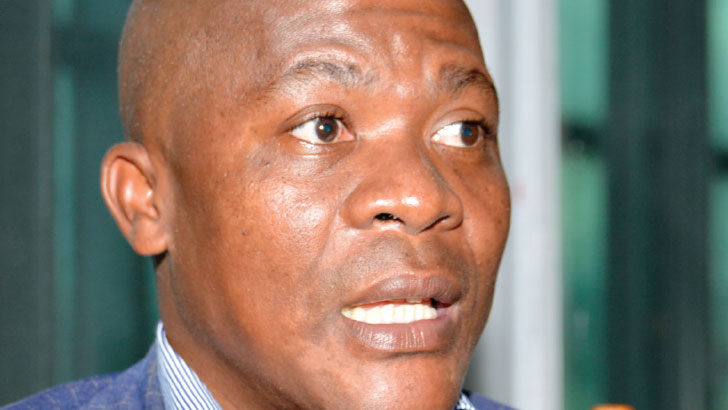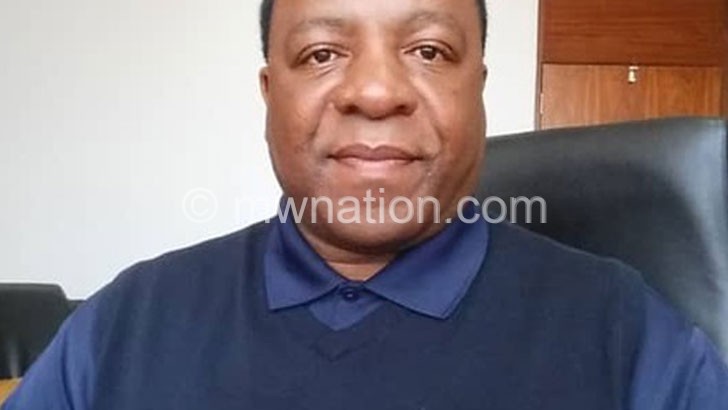Cdedi demands govt action on forex
Centre for Democracy and Economic Development Initiatives (Cdedi) has challenged government to protect forex for essential services and products such as medicines, fuel, wheat and cooking oil.
But speaking at a press briefing in Lilongwe yesterday ahead of next week’s visit by the International Monetary Fund [IMF] team, Minister of Finance and Economic Affairs Sosten Gwengwe said much as government will undertake bold economic reforms, Malawians should prepare for more difficult times.

Cdedi’s statement comes against the background of forex shortage which has affected importation of essential commodities.
In a statement dated May 19 2022, Cdedi executive director Sylvester Namiwa said the writing is on the wall that the country’s economy is heading south.
He urged President Lazarus Chakwera to devise mechanisms to resuscitate the country’s economy from its deathbed by, among other measures, minising expenditure.
Said Namiwa: “It is sad that government is exerting negative energy by blaming everyone and everything—from the Covid-19 pandemic to the war in Ukraine—and not its poor leadership—for the sky-rocketing cost of living, thereby conveniently forgetting that Malawi is a predominantly importing and consuming nation.”
But in a statement on Monday after holding virtual talks with the International Monetary Fund (IMF), Chakwera said his administration will tighten public spending.

“This is why for the past six months, I have reduced my programme of public events by over 50 percent, prioritising those that promote development, economic activity and agricultural productivity,” he said.
In a separate interview, Reserve Bank of Malawi spokesperson Ralph Tseka said as managers of foreign exchange, they are working towards fixing the problem.
“I cannot share the details, but we know exactly what we are doing,” he said.
Commenting on the matter, Malawi University of Business and Applied Sciences economics lecturer Betchani Tchereni said in an interview on Thursday that it is time the country diversified its economy by investing in other productive crops other than tobacco.
“If we are going to continue doing things as we are doing now, there is no hope. We just need to be a courageous nation by thinking of increasing production, putting restrictions on the kind of commodities we import as well as export only value-added commodities,” said Tchereni.
Meanwhile, Gwengwe’s call for Malawians to tighten their belts comes as Malawians are calling for an urgent fix of the economy as they are experiencing one of the toughest economic times with prices of goods and services rising, amid scarcity of some basic commodities such as cooking oil.
He said the IMF is not coming for discussions but rather negotiations for the new Extended Credit Facility (ECF) programme following prolonged virtual discussions for the past three months.
He said: “We believe that the economic pressure points that we are experiencing now, can best be addressed by the IMF programme, because beyond the fund, we do have partners who are sympathetic about our vulnerabilities.”
However, Gwengwe said because the partners use their people’s tax money, they would want to get assurances that the reforms government is putting in place are really solid enough to ensure their money is properly safeguarded.





